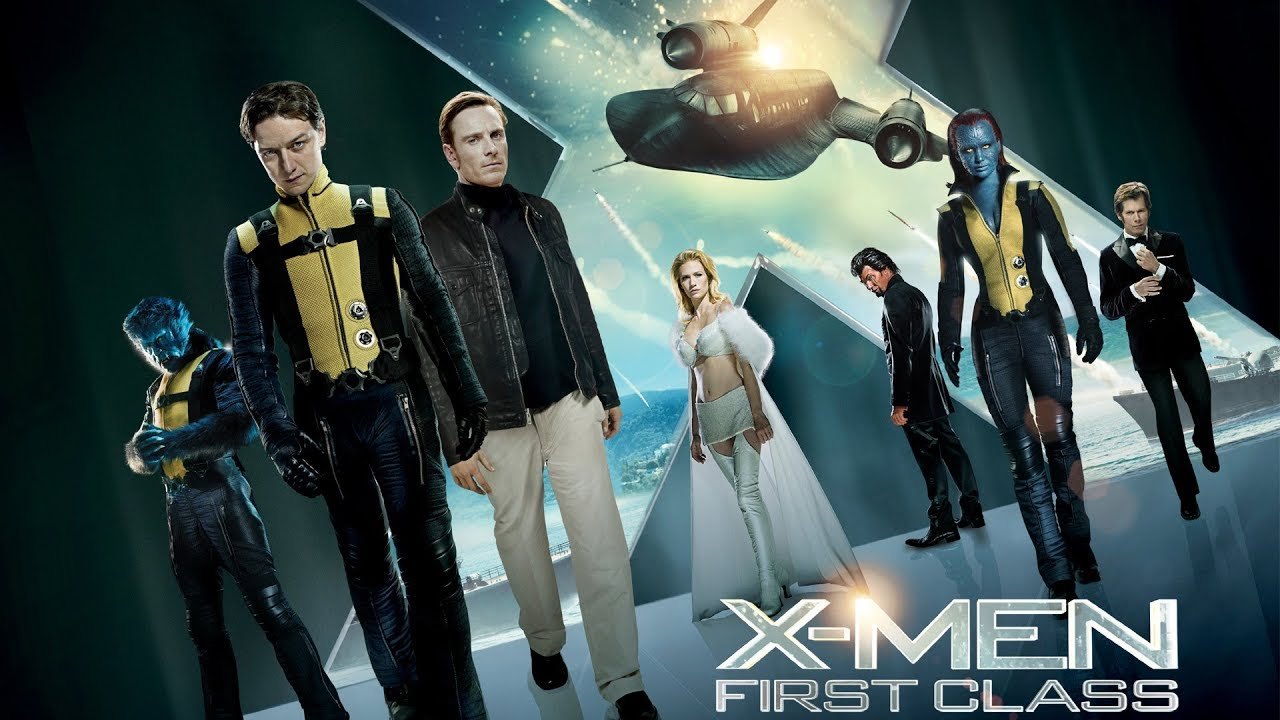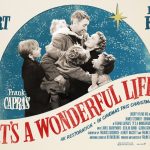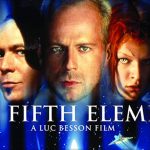X-Men: First Class (2011)

X-Men: First Class, directed by Matthew Vaughn and released in 2011, represents a pivotal entry in the X-Men film franchise, offering a fresh perspective on the origins of the beloved mutants. As a prequel to the earlier films in the series, it reintroduces audiences to the characters and conflicts that shaped the X-Men universe. Through its exploration of character development, historical context, and thematic depth, the film delivers a compelling narrative that not only revitalizes the franchise but also deepens its mythos.
Set against the backdrop of the 1960s during the height of the Cold War, *X-Men: First Class* charts the origins of the X-Men team and the adversarial relationship between its two founding members, Charles Xavier (James McAvoy) and Erik Lensherr (Michael Fassbender). The film begins in the aftermath of World War II, following the events of the Holocaust, which play a crucial role in shaping Erik’s motivations and worldview. This historical context adds layers of depth to the character of Magneto, as his traumatic experiences and quest for vengeance drive his actions throughout the film.

The narrative unfolds as Charles Xavier, a young telepath with a strong sense of justice and an optimistic vision for mutant-human relations, seeks to create a world where mutants and humans can coexist peacefully. In contrast, Erik Lensherr, who later becomes Magneto, harbors a deep-seated bitterness toward humanity, driven by his experiences with persecution and loss. Their divergent paths reflect broader themes of ideology and conflict, with Xavier advocating for peaceful integration and Magneto championing mutant dominance as a response to oppression.
One of the film’s most significant achievements is its exploration of the complex relationship between Xavier and Lensherr. Their dynamic is central to the narrative, highlighting the philosophical and ethical debates that underpin the X-Men series. The chemistry between McAvoy and Fassbender is palpable, bringing depth and nuance to their characters. Xavier’s idealism and Magneto’s radicalism serve as two sides of the same coin, each reflecting different responses to the same existential challenge. Their friendship and eventual divergence underscore the tragic nature of their relationship, making the film’s climax both emotionally and intellectually compelling.

*X-Men: First Class* also introduces a host of other characters who become integral to the X-Men universe. The film features early versions of iconic mutants such as Mystique (Jennifer Lawrence), Beast (Nicholas Hoult), and Havok (Lucas Till). Each character is given a well-developed backstory that contributes to the film’s rich tapestry of mutant lore. Mystique’s transformation from a villain to a complex anti-hero and Beast’s struggle with his dual nature are particularly notable, adding layers of personal conflict and growth to the ensemble cast.
The film’s setting in the 1960s not only provides a historical backdrop but also serves as a commentary on social issues of the era. The Cold War tension, reflected in the film’s plot, mirrors the mutants’ struggle for acceptance and understanding. The narrative also incorporates real historical events and figures, such as the Cuban Missile Crisis, blending historical fiction with superhero elements to create a unique and engaging storyline. This historical dimension adds a sense of realism and urgency to the film’s plot, making the stakes feel both personal and global.

Visually, *X-Men: First Class* is distinguished by its vibrant and dynamic style. The film’s action sequences, particularly the battles between mutants and the villainous forces led by Sebastian Shaw (Kevin Bacon), are choreographed with precision and flair. The use of practical effects combined with CGI enhances the spectacle of the mutants’ powers, creating visually striking scenes that complement the film’s narrative intensity.
The film’s score, composed by Henry Jackman, further amplifies its emotional and dramatic impact. The music underscores key moments of tension and triumph, enhancing the overall cinematic experience and drawing viewers deeper into the world of the X-Men.

In conclusion, *X-Men: First Class* is a compelling addition to the X-Men franchise, offering a nuanced exploration of its characters and themes. By delving into the origins of key figures and setting their personal conflicts against a historical backdrop, the film provides a rich and engaging narrative that deepens the mythology of the X-Men universe. Its exploration of ideology, friendship, and the struggle for acceptance, combined with its strong performances and visual flair, makes it a standout entry in the superhero genre. Through its thoughtful storytelling and dynamic character arcs, *X-Men: First Class* not only revitalizes the franchise but also sets the stage for the evolution of its iconic heroes.










